EU deploys election observers to Venezuela in boost to Maduro
The European Union has deployed an Election Observation Mission (EOM) to Venezuela to observe the regional and local elections scheduled for next month in the Latin American country.
Isabel Santos, the chief observer of the EOM, and a member of the European Parliament, told reporters on Thursday that 44 observers have arrived in Venezuela so far, adding that they will begin their work in 22 of the country's 23 states except in the Amazonas state due to transport difficulties and the coronavirus pandemic.
Campaigning has kicked off for regional and municipal elections scheduled for November 21, which are set to include opposition candidates as well.
"The opposition is going to participate in these elections ... we want to hear from everyone," Santos said before observers set out from the Venezuelan capital of Caracas to cities around the country.
The observers, she said, will release a preliminary report two days after the vote, with the final report expected to take two months.
Observers will remain deployed across the country until November 29.
The EU has not been present in Venezuela with an EU Election Observation Mission for the past 15 years. The last times EU deployed Election Observation Missions to Venezuela was in 2005 and 2006.
According to Venezuela's elections authority, more than 3,000 positions - including governors, mayors and municipal councilors - are available next month.
Some 21 million voters are eligible to participate.
sBack in September, Venezuela’s main opposition parties announced an end to three years of boycotting election, saying they would participate in November polls.
They boycotted the 2018 presidential vote, which President Nicolas Maduro won, and the 2020 legislative elections, in which the opposition lost control of Congress.
The decision to end the boycott came after government and opposition representatives began a fresh round of talks in August, mediated by Norway and hosted by Mexico.
The talks were aimed at resolving the political crisis that plagued the Latin American country after US-backed opposition figure Juan Guaido unilaterally declared himself “interim president” in January 2019.
Caracas said it aims to ease international sanctions on the Venezuelan nation while the opposition said it aims to use the talks to secure guarantees for regional elections to be held in November.
The Venezuelan government signed partial agreements with opposition representatives during the talks, in a move praised by Maduro as "a success for Venezuelans.”
Washington has imposed several rounds of crippling sanctions against the oil-rich Latin American country in a bid to oust Maduro and replace him with Guaido.
The sanctions, which include illegal confiscation of Venezuelan assets abroad and an economic blockade, have caused enormous suffering to millions of people in the country.
‘Ghost town’: 70% of Jabalia buildings destroyed by Israel
Mother’s Day: Sareh Javanmardi’s inspiring journey as Paralympic champion and mother
Russia downs over 40 Ukrainian drones as Putin vows 'destruction' on Kiev
VIDEO | Yemen: A bone in Israeli neck
D-8’s role in Iran’s economy after Cairo summit
China slams US as ‘war-addicted’ threat to global security
China ‘firmly opposes’ US military aid to Taiwan
VIDEO | Press TV's News Headlines


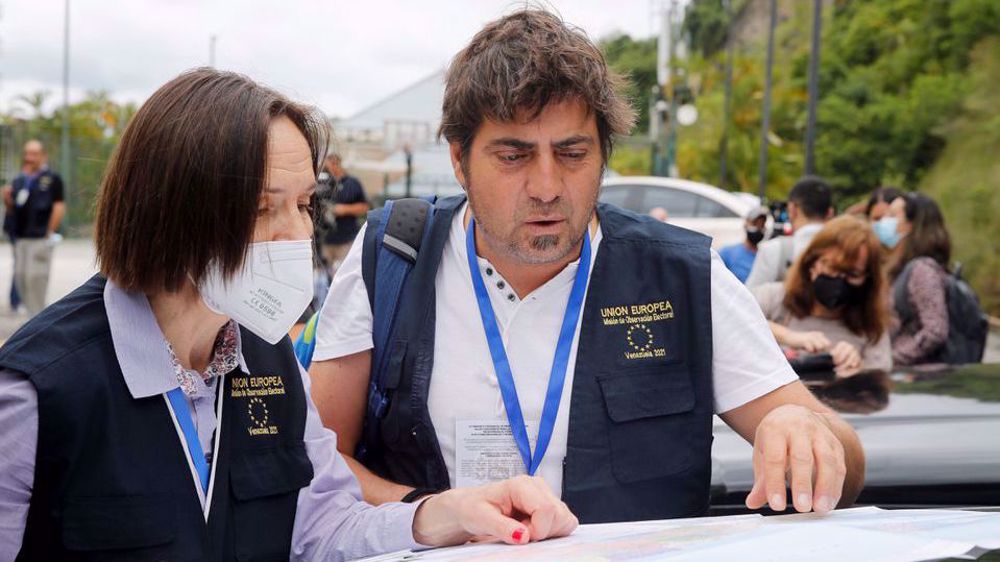
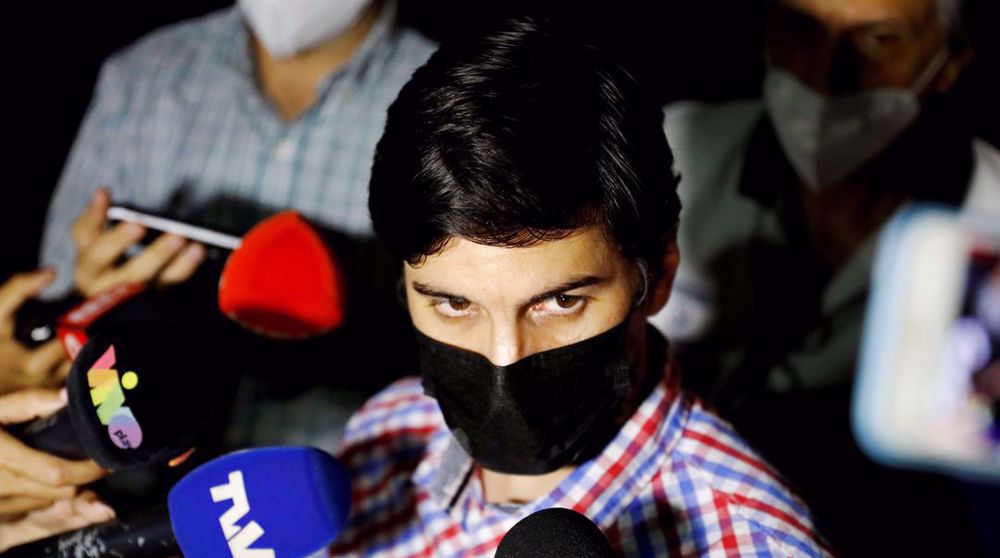
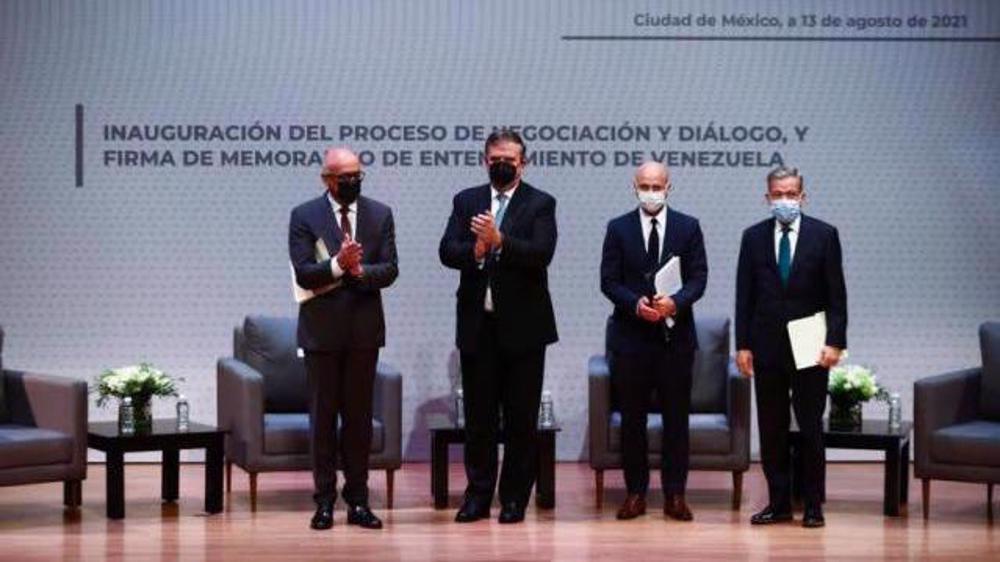
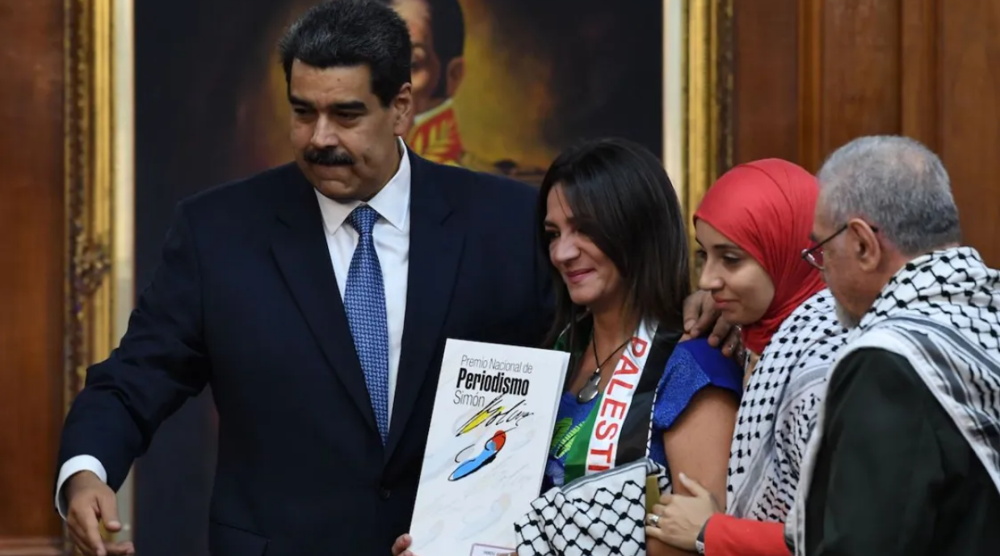
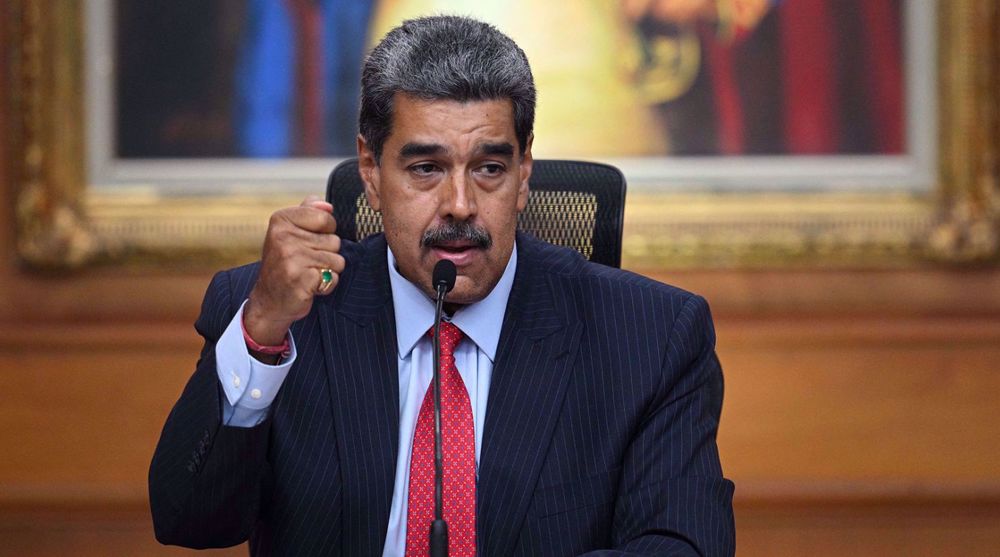
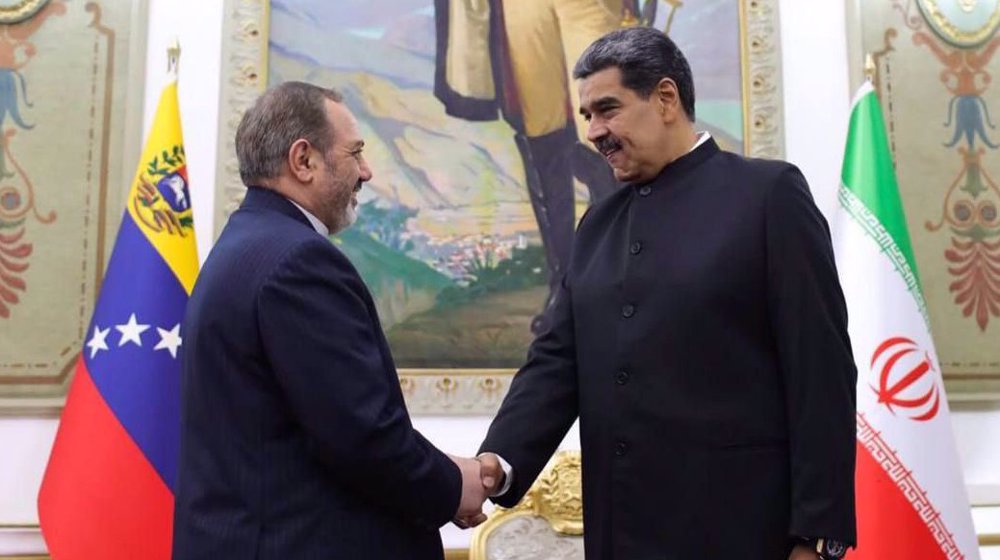



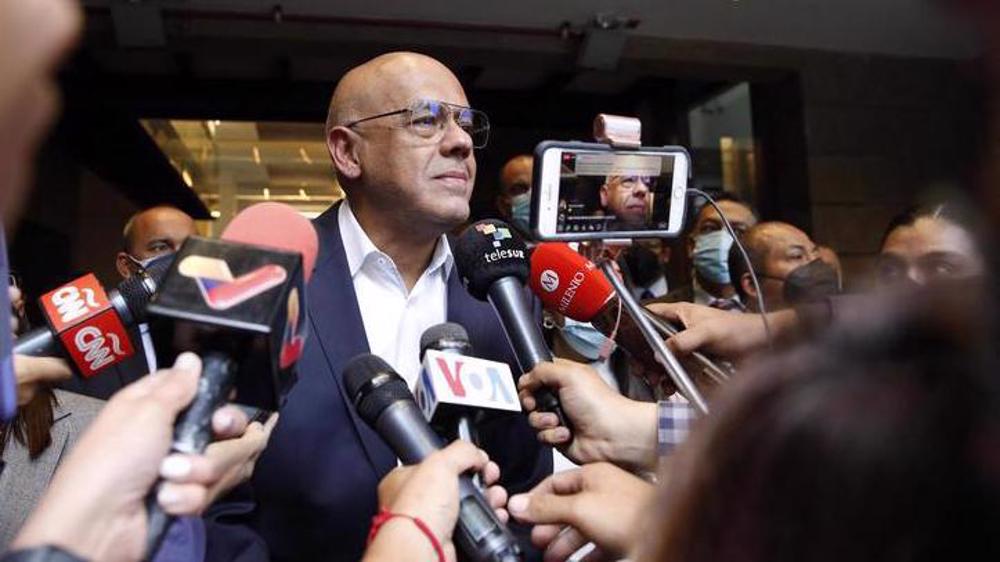
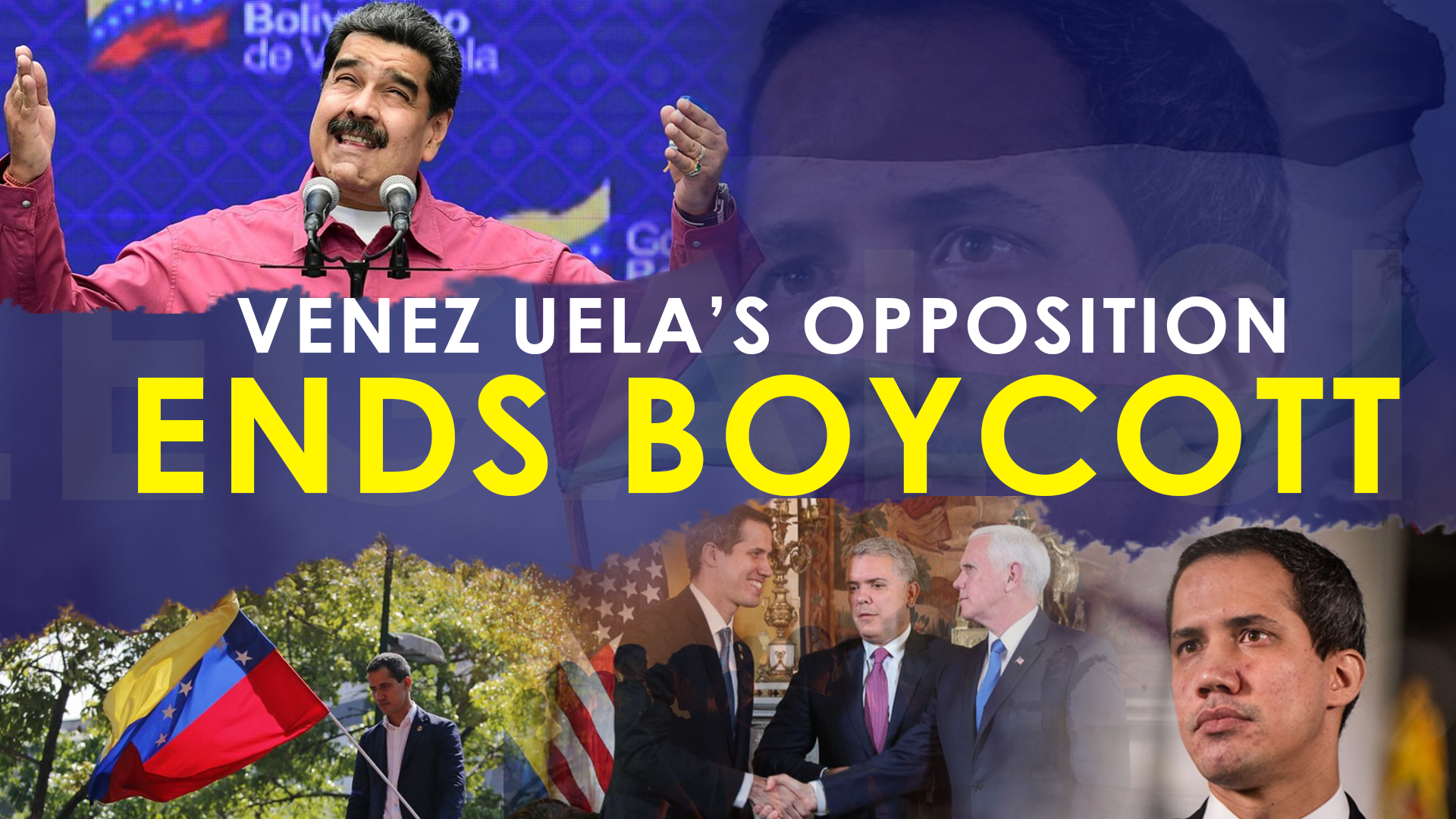

 This makes it easy to access the Press TV website
This makes it easy to access the Press TV website